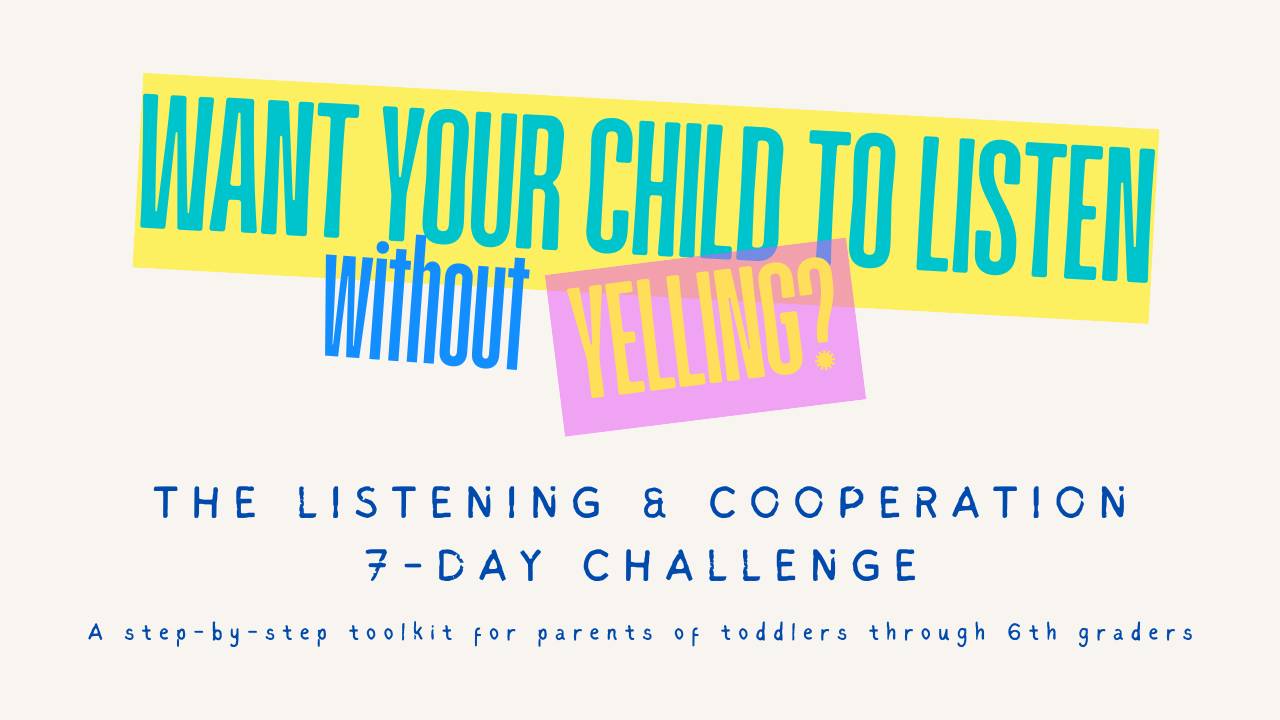Top 5 Signs Your Child Needs Support: How to Identify Behavior Concerns Early
Sep 11, 2024
As parents, it can sometimes be difficult to know whether your child’s behaviors are just a part of typical development or if they indicate a need for additional support. Early intervention can be key in addressing concerns before they become larger obstacles, particularly when it comes to social, emotional, and developmental behaviors. In this post, we’ll explore the top five signs that suggest your child may benefit from professional guidance and coaching, helping you make informed decisions that lead to progress and peace of mind.
1. Delayed Speech and Communication Skills
One of the most noticeable signs that a child might need extra support is a delay in speech or communication. By the age of two, most children should be using simple words and short sentences. If your child struggles to express their needs, has difficulty understanding instructions, or doesn’t engage in back-and-forth communication, it could indicate a delay that warrants further attention.
What to Watch For:
- Limited vocabulary or difficulty forming sentences
- Struggles with understanding basic directions
- Frustration or tantrums due to communication challenges
Professional coaching can provide strategies to encourage language development through play, routines, and structured teaching. Addressing communication delays early can help your child express themselves more effectively and reduce the frustration often associated with limited language skills.
2. Frequent Tantrums and Emotional Outbursts
While tantrums are a normal part of early childhood, excessive or prolonged meltdowns may be a sign that your child is struggling to regulate their emotions. If you notice that tantrums occur frequently, last for long periods, or seem intense beyond what is typical for their age, it could be an indicator that your child needs support in managing their emotions.
What to Watch For:
- Tantrums that happen multiple times a day or last more than 15 minutes
- Difficulty calming down without external intervention
- Aggressive behaviors like hitting or throwing objects during a meltdown
Coaching can help you and your child develop coping strategies, teach emotional regulation, and provide tools to reduce the intensity and frequency of tantrums, promoting a calmer and more manageable environment at home.
3. Repetitive Behaviors That Interfere with Daily Activities
Repetitive behaviors, such as lining up toys, hand flapping, or repeating certain phrases or movements, are harmless. However, when these behaviors interfere with daily activities—such as eating, sleeping, or participating in social interactions—they may suggest an underlying issue that requires professional support.
What to Watch For:
- Repeating the same actions or phrases for long periods
- Becoming upset if routines or patterns are interrupted
- Difficulty transitioning from one activity to another due to repetitive behaviors
Behavior coaching with a BCBA (Board Certified Behavior Analyst) can teach your child alternative ways to cope with transitions, decrease repetitive actions that interfere with learning, and help them engage more fully in everyday activities.
4. Falling Behind on Academics or Milestones
Every child develops at their own pace, but if you notice that your child is falling significantly behind their peers—whether it’s in learning numbers, letters, colors, or social skills—it may be time to seek additional support. Delays in reaching milestones can sometimes be linked to developmental or behavioral challenges that can be effectively addressed with coaching.
What to Watch For:
- Difficulty grasping early academic concepts (e.g., counting, recognizing shapes or letters)
- Struggles to follow simple routines in structured environments (e.g., preschool or daycare)
- Avoidance of social play or difficulty making friends
By working with a professional, your child can receive the individualized support they need to develop their academic and social skills, helping them catch up to their peers and feel more confident in school settings.
5. Difficulty Following Directions or Transitioning Between Activities
Children who have trouble following instructions or transitioning between tasks may become easily frustrated, resistant, or anxious. These difficulties can make everyday routines—like getting dressed, leaving the house, or moving from playtime to mealtime—challenging for both you and your child.
What to Watch For:
- Refusing to follow instructions after multiple prompts
- Becoming upset when asked to switch tasks
- Resistance to change, even with simple transitions like moving from one room to another
Parent coaching can help you implement structured routines, use positive reinforcement effectively, and teach your child skills that make following directions and transitioning from one activity to the next easier and less stressful.
The Importance of Early Intervention
Identifying and addressing behavior concerns early can have a significant impact on your child’s development and overall well-being. By seeking support from a BCBA, you’ll be equipped with the tools and strategies needed to help your child thrive. Whether it’s improving communication, reducing tantrums, or navigating social and academic challenges, professional coaching can make all the difference.
Ready to Help Your Child Succeed?
At The Behavior Place, we offer customized Parent Coaching packages that are tailored to your child’s unique needs. Our BCBAs will work with you one-on-one to develop strategies that work in real-life situations.
Enroll today and take the first step toward a brighter future for your child.
UNLOCK YOUR FREE TOOLKIT NOW: ENHANCE YOUR CHILD'S PLAY & LANGUAGE SKILLS TODAY!
Simply enter your email address to get instant access.


